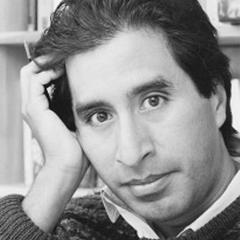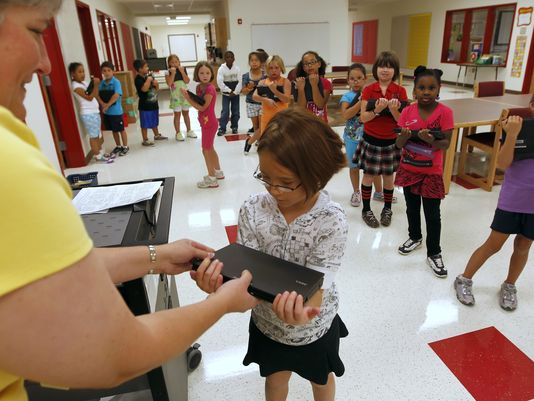Reflection of Rodriguez
A young Mexican immigrant, Richard Rodriguez, is the person whose language translated to English is very difficult to him. Despite his struggles in speaking the right language, he could not speak up in front of the classroom and was on danger of failing his academics. This all changes in the moment of practicing the English language at home. One time in that moment, Rodriguez's teachers came in to his family home and talked to Rodriguez's parents about starting to practice speaking English at home. Once Rodriguez and his siblings learned a lot about speaking English, there was understandably a division between the Rodriguez kids and their parents.
If I was Rodriguez, I would feel shocked of how power of language can destroy a family's relationship. For example, I think that the struggling concept of Rodriguez speaking English is a main target for the downfall of his family's heritage. This quote I chose from Rodriguez's essay is the part that he is describing "special feeling of closeness at home [which] was diminished by then" (Rodriguez 36). I feel that this quote chosen by me is the start of dividing a family based on power of language. Rodriguez's parents still don't understand how to speak English as much as the kids and Rodriguez himself. This is a good example chosen by me because of the way how families can sometimes split due to the power of language.

Connecting to how I feel about Rodriguez, I chose this cartoon of the person trying to understand cat language while the cat is still not understanding his language.
In conclusion, my feelings toward Rodriguez are shocking and interesting because Rodriguez's language translated to English as a Mexican-American is a story. Although Rodriguez is still alive at 75 years old, he can still tell childhood stories that connects to the power of language. To sum this reflection up, I advise people to understand more about speaking english rather than speaking at home.
If I was Rodriguez, I would feel shocked of how power of language can destroy a family's relationship. For example, I think that the struggling concept of Rodriguez speaking English is a main target for the downfall of his family's heritage. This quote I chose from Rodriguez's essay is the part that he is describing "special feeling of closeness at home [which] was diminished by then" (Rodriguez 36). I feel that this quote chosen by me is the start of dividing a family based on power of language. Rodriguez's parents still don't understand how to speak English as much as the kids and Rodriguez himself. This is a good example chosen by me because of the way how families can sometimes split due to the power of language.
Connecting to how I feel about Rodriguez, I chose this cartoon of the person trying to understand cat language while the cat is still not understanding his language.
In conclusion, my feelings toward Rodriguez are shocking and interesting because Rodriguez's language translated to English as a Mexican-American is a story. Although Rodriguez is still alive at 75 years old, he can still tell childhood stories that connects to the power of language. To sum this reflection up, I advise people to understand more about speaking english rather than speaking at home.

.jpg)








